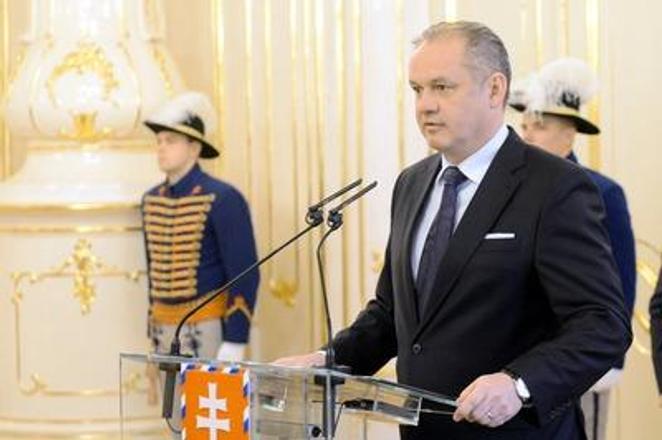Kiska along with several other state leaders received an official invitation to the commemorative event from Russian President Vladimir Putin. While some world leaders have declined the invitation due to their unease over the situation in eastern Ukraine, others are still considering attending.
Kiska told TASR that it is premature to decide yet, as there is still enough time.
"I'll do my utmost to pay respects to the fallen Soviet soldiers in a dignified manner, and I'll announce the actual form and manner in which I'll do this with a timely notification," said Kiska on February 22 during a working visit to Kiev, as quoted by TASR.
In Ukraine, Kiska took part in a march in commemoration of the victims of last year's demonstrations on Kiev's Maidan or Independence Square.
Foreign affairs analyst and director of the Defence Ministry's Institute of Security and Defence Studies Ivo Samson believes that the invited foreign officials should attend Moscow's Victory Day celebrations in May.
Back in 1945 they were allies engaged in a joint battle against an enemy who turned out to be too powerful even for the West, so the West decided to join forces with the Soviet Union. These countries were fighting together, their soldiers were dying, and in the end they won. That they fell out later is a completely different story, according to Smason.
"It's a historical act and I think that nobody should ignore the fact that all countries of the anti-Nazi coalition were pulling together," said Samson, as quoted by TASR, "which is a good signal that something similar could reappear in the future."



 (source: TASR)
(source: TASR)